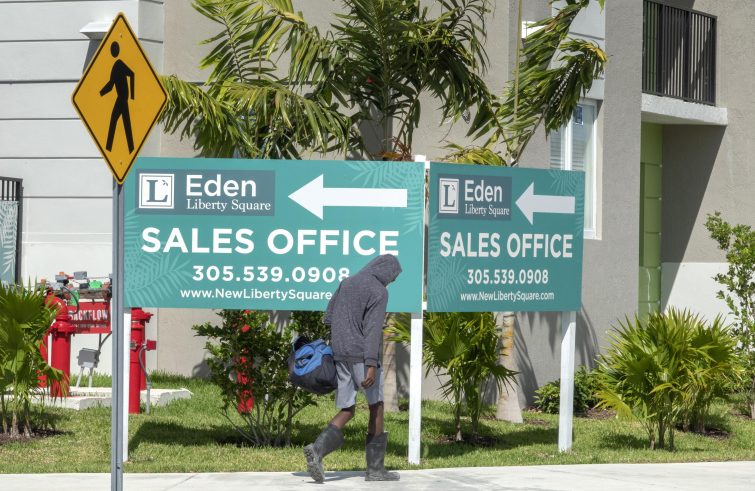
Jason worked at a second-hand car and car parts dealer, where he was not required to wear a face mask to prevent the spread of Covid-19, until 8 June 2020. Owing to his poor health, asthma, allergies and chronic bronchitis he was at increased risk of severe illness, so he decreased his working hours, but this was coupled with lower income and thus less money to pay his bills and rent. As a result, Jason started mowing his neighbours’ lawns, had garage sales and ultimately, overcoming his fatherly pride, was forced to ask his daughter, who worked as a waitress, to contribute to household expenses. Jason is reluctant to reveal his surname because he feels he is “useless and unable to provide for his family.” The national law barring evictions until the end of June spared him from becoming homeless, but he is now living on borrowed time.
Along with 38.1 million other Americans, Jason has joined the ranks of the poor and is at risk of becoming homeless. Darnell is a fourth-grade student and lives in a homeless shelter in Queens, New York. It’s 6.30 a.m. and the school bus has already passed. That means a 90-minute walk to school. Darnell is one of 11.6 million poor children in one of the richest countries in the world.
One in every six children in the United States lives in extreme poverty, and if the child’s family of four earns less than $25,701, it is classified below the poverty line.
A minimum wage of under $10 an hour doesn’t cover US households rental, which keeps increasing every year along with medical expenses, medications, and schooling, coupled by stagnating wages. “Millions of people living far away from public transportation and with disabilities are in extreme poverty,” according to the US Conference of Catholic Bishops’ Human Development Committee’s Report on Poverty.
Having been made aware of hundreds of such stories, Michael D. Tubbs, mayor of Stockton, California, decided in February 2019 that those in greatest need deserved a guaranteed minimum income, comparable to a citizenship income. “Wealth and income inequality were rampant even before the pandemic, as people with two or three jobs still could not afford basic necessities. COVID-19 has only further exposed the economic fragility of most American households, especially black families,” the mayor pointed out. Tubbs thus decided to launch SEED programme which provided 125 of his city’s below-middle-income residents with a guaranteed $500 salary for 24 months.
The pilot project was funded by private donors, including a $1 million grant from the Economic Security Project, which aims to “make the economy work for all Americans.” Preliminary findings in the first twelve months were successful and showed that the guaranteed income provided access to full-time jobs, coupled by improved mental health, time-management and financial decisions.
Preliminary findings from tracking credit card spending of recipients showed that 37% of the money was spent on food, 22% on housing and clothing, and 10% on car repairs. Less than 1% was used for alcohol and cigarettes. Recipients were also able to afford unexpected expenses and assist members of their extended family as well as spend more time with their children.
Finally, the programme also resulted in increased full-time employment. 28% of beneficiaries had a full-time job at the beginning of the project, but after one year the percentage had risen to 40% because the guaranteed income had enabled them to devote time to vocational training and applying for better jobs. As in the case of one 30-year-old who obtained an estate agent’s licence, making a quantum leap in employment.
A network of 52 mayors -Mayors for Minimum Income, representing 20 million citizens – was set up to build on the experience of Tubbs, who no longer serves as Stockton’s mayor. The network includes the mayors of San Francisco, Minneapolis, Milwaukee, Los Angeles, Denver and San Diego, as well as the mayors of smaller municipalities.
The Californian city’s pilot project, whose full results will be available for assessment in 2022, has shown that providing a minimum income does not discourage people from looking for a job. However, it should not be seen as “a one-size-fits-all” approach to family maintenance, but rather as a policy option to be implemented alongside others to tackle market failures”, including affordable housing and raising the minimum wage to at least $15 per hour. On the subject of housing, Denver has decided to provide a minimum income for homeless people and explore its impact in terms of improving living conditions. “We want to be the first city in the United States to launch this pilot,” said the mayor, who is also a member of the coalition to eradicate poverty among his fellow citizens.












